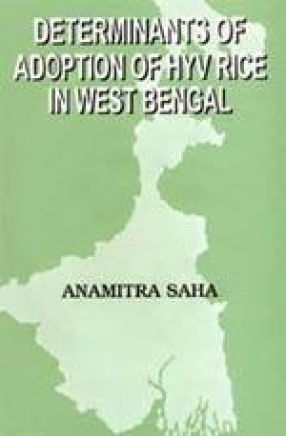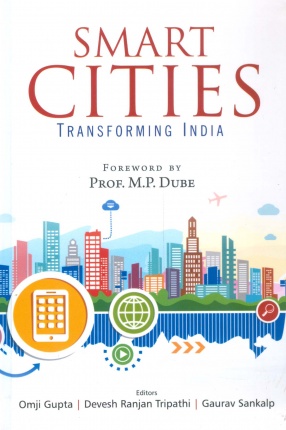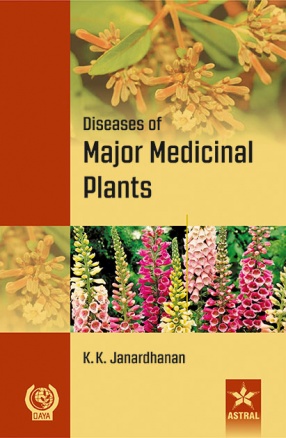The last two and a half decades have been an eventful period in the West Bengal countryside. There have been major institutional changes in rural areas, and in terms of agricultural growth. West Bengal moved from a situation of stagnancy to one of the highest growth performances among the States of India. In this context, this book by anamitra Saha provides insight into decision making and behaviour at the farm-level under credit constraints. The book extends existing models of farmer’s adoption behaviour and develops a suitable empirical methodology to evaluate the importance of alternative explanations in the specific context of HYV rice cultivation data for the late 1980s and early 1990s. In particular, the impact of social learning, uncertainty and binding liquidity constraint on farmer’s decisions relating to adoption of HYV are examined. Estimation of a stochastic yield function in three stages using nonlinear regression technique showed that cultivation of rice involved significantly higher risk compared to traditional rice while inputs were largely risk neutral in both technologies. A switching regression technique with endogenous sample separation was employed to determine a farmer’s probability of acing a binding liquidity constraint. Finally, decision functions relating to allocation of land and input were estimated in a simultaneous equation framework. Results suggested that all the three factors viz., liquidity constraint, risk aversion and social learning had significant impact on these decisions.
Smart Cities: Transforming India
$63.90
$71.00





There are no reviews yet.